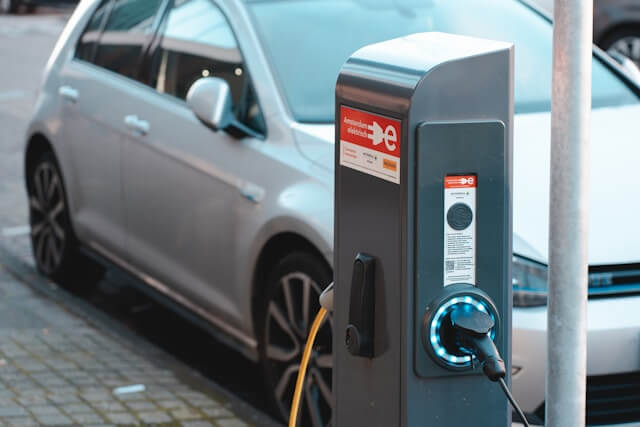Rivian, a name that has made waves in the electric vehicle (EV) world, has been in the spotlight for years. Known for its adventure-ready EVs, Rivian captured the imagination of eco-conscious adventurers and EV enthusiasts alike. But recently, a question has been on the minds of many: is Rivian going out of business? With the EV market becoming increasingly competitive, concerns about Rivian’s future have surfaced. In this post, we’ll explore Rivian’s history, its current state, and whether there’s any truth to the rumors about its potential downfall.
History of Rivian
“Rivian Automotive was founded in 2009 by MIT graduate RJ Scaringe.”The company began by working on a fuel-efficient sports car but later shifted its focus to electric trucks and SUVs.” This shift aligned with growing consumer demand for sustainable transportation and rugged, adventure-ready vehicles.
In 2018, Rivian officially unveiled its first two models: the R1T, an electric pickup truck, and the R1S, an electric SUV. Both vehicles boasted impressive specs, including long ranges, off-road capabilities, and unique design features. These models received widespread praise, with many calling Rivian a potential “Tesla of trucks.”
Is Rivian Going Out of Business?
The question has gained traction in recent months. While Rivian is not on the brink of bankruptcy, it has faced significant challenges that raised concerns about its ability to sustain long-term growth in the highly competitive EV market.
One of Rivian’s biggest hurdles has been production delays. The company struggled to meet its targets due to supply chain disruptions and manufacturing bottlenecks. These issues frustrated customers and investors, prompting doubts about Rivian’s operational efficiency.
Rivian Today: What Products Does It Still Make?
“Rivian continues to focus on its core lineup: the R1T electric pickup, the R1S electric SUV, and the electric delivery vans developed for Amazon.”
- R1T: Rivian’s flagship product, offering over 300 miles of range, impressive off-road capabilities, and innovative features like a gear tunnel and underbody protection.
- “R1S: A family-friendly SUV that combines rugged performance with a refined interior and advanced technology.”
- Amazon Vans: Designed for commercial delivery, helping Rivian diversify beyond consumer vehicles.
Heard Anything Official from the Company?
So far, Rivian has not announced any plans to go out of business. In fact, the company has consistently expressed optimism about its future. In earnings calls and public statements, CEO RJ Scaringe has acknowledged the challenges but emphasized progress in scaling production and fulfilling orders. Rivian is also working on expanding its product lineup and entering new markets.
Financial Challenges and Bankruptcy Concerns
Like many startups, Rivian faces significant financial hurdles. Manufacturing EVs demands billions in upfront investment, from factories to technology development. Although Rivian generates revenue from vehicle deliveries, it still operates at a loss, as scaling production takes time.
Reports suggest Rivian has burned through a sizable portion of its cash reserves. Still, it maintains a multibillion-dollar cushion, giving it room to maneuver while working toward profitability.
Rivian’s Efforts to Stay Competitive
“Rivian aims to establish its niche in the competitive EV sector by focusing on:”
- Innovation & Differentiation – Adventure-ready features like off-road capability and rugged design.
- Scaling Production – Expanding its Illinois factory to boost output and lower costs.
- New Models – Developing smaller, more affordable EVs to reach mainstream buyers.
Rivian’s Roadmap for the Future
Looking ahead, Rivian has a clear vision:
- Product Expansion: Launching affordable models (like the R2) to reach a wider audience.
- Global Expansion: Targeting Europe and Asia to reduce reliance on the U.S. market.
- “Sustainability: Incorporating recycled materials in production and investing in renewable energy initiatives.”
- R&D Investments: Advancing battery technology and exploring autonomous driving features.
Conclusion
So, is Rivian going out of business? “The answer is no—not in the foreseeable future.”While the company faces financial challenges, it also has strong strategies, innovative products, and committed partnerships that position it for the future. The road ahead won’t be smooth, but Rivian is determined to succeed. With continued innovation and perseverance, it has the potential to remain a key player in the shift toward a sustainable, electrified future.

